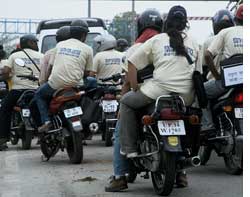Affidavit filed by the Kumaon Commissioner, Nainital regarding pollution of Naini lake, Uttarakhand, 16/04/2025
<p>Response affidavit on behalf of Kumaon Commissioner, Nainital in the matter of Hemant Singh Gonia Vs State of Uttarakhand & Others dated 16/04/2025. The matter related to contamination of Naini


